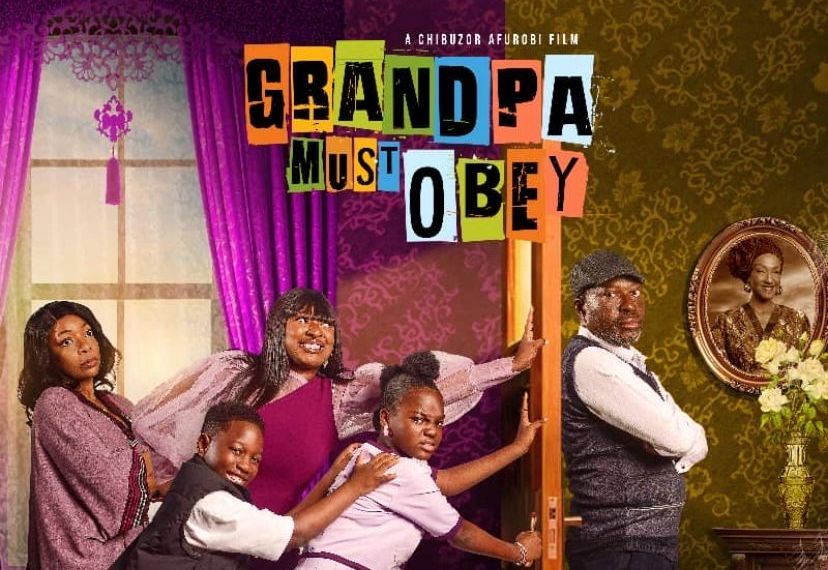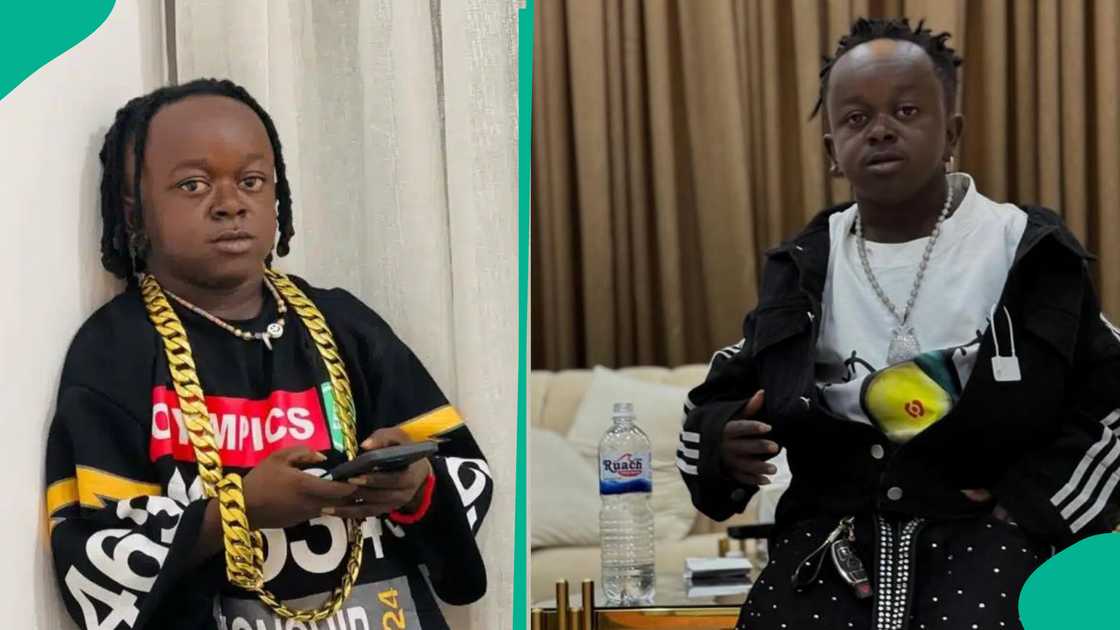In a new twist to the ongoing saga between two of hip hop’s biggest names, Canadian rapper Drake has faced another legal setback. Less than a year after filing an enormous defamation lawsuit against Universal Music Group (UMG) regarding controversial lyrics in Kendrick Lamar’s viral diss track, “Not Like Us,” a US Federal court has tossed out the case. The decision, making international headlines, is fueling conversations from Lagos to Accra about the limits of artistic expression, the role of courts in musical feuds, and what this means for celebrity reputations worldwide.
For Drake, whose global fanbase stretches deep into Africa, the ruling is a tough blow. He aimed to use the courts to counter heavy allegations leveled against him in Lamar’s lyrics, claims which, according to Drake, have caused significant harm to his brand and standing in the hip hop community—including among Nigerian and Ghanaian listeners who follow both artists’ careers closely.
The verdict, however, has been welcomed by many as a win for artistic freedom. Judge Jeannette Vargas, presiding over the case, made it clear: diss tracks are not intended as factual journalism but as creative performances. Her ruling now sets an important legal precedent likely to shape future disputes in the global music industry.
Why Did Drake Bring UMG to Court?
Drake’s lawsuit centered on his attempt to hold UMG—label home to both himself and Kendrick Lamar—accountable for releasing and promoting the song “Not Like Us.” The diss track, which quickly went viral, included hard-hitting lyrics accusing Drake and his circle of being “certified paedophiles,” an allegation the rapper strongly denies.
In his legal filing, Drake insisted the music conglomerate deliberately launched a campaign to turn Lamar’s provocative song into a worldwide hit, with lyrics Drake describes as “false factual allegations.” He likened the situation to a targeted smear, saying it was not only damaging to his career but also to his personal integrity, a value highly regarded among his fans across Africa and the Diaspora.
Yet Judge Vargas, in a detailed 38-page order, was unconvinced. Citing reports from TMZ, she concluded that no “reasonable listener” would interpret the pointed lyrics as literal truth, especially in the context of a genre known for boasting, bravado, and hyperbole.
With this, Drake’s use of the courts as a tool to rewrite the narrative took a major hit, with many observers noting he had already lost the public relations and music chart battles long before this legal defeat was finalized.
Judge Stands with Kendrick Lamar – The Legal Reasoning
According to the BBC, Judge Vargas’s written order methodically dissected Drake’s main argument. She located the accusations against Drake squarely within the storied tradition of rap battles—pointing to the track’s use of bold, sometimes shocking language, and referencing its place in what some US commentators have dubbed “the most infamous rap battle in the genre’s history.”
The judge was unsparing in her observations: diss tracks, by nature, are not expected to be platforms for “accurate factual reporting.” Instead, listeners approach them expecting “profanity, trash-talking, threats of violence, and figurative and hyperbolic language.” For many West African music lovers, this analysis reflects an understanding of hip hop as an art of wordplay, posturing, and cultural contest, not documentary truth.
Judge Vargas went further, noting Drake himself had set the tone for the controversy. In his earlier song, “Taylor Made Freestyle,” Drake uses AI-generated vocals mimicking Tupac Shakur to challenge Lamar, referencing allegations about “liking young girls” and inviting Lamar to make those claims on record. According to the judge, Kendrick’s line—“Say, Drake, I hear you like ’em young”—was a clear response to Drake’s own provocation, making his subsequent outrage appear selective.
Additionally, the judge identified what she termed hypocrisy in Drake’s legal position. He has, on previous tracks, leveled serious but unsubstantiated claims against Lamar, including accusations of domestic abuse and even questioning the paternity of one of Lamar’s children. In Vargas’s view, the courtroom should not be weaponized for battles best fought on stage or in song.
Her final word? The judicial system is not the place to settle artistic rivalries or lyrical disputes—a message with global implications, including for Africa’s rapidly growing homegrown hip hop scene.
The Impact: Sets Back for Drake’s Brand, Sets Stage for Artistic Debate
The legal defeat compounds what many already saw as a decisive musical loss for Drake. “Not Like Us”, the diss track at the center of this storm, quickly became a global anthem with strong resonance in Nigeria, Ghana, and beyond, where rap battles and wordplay are celebrated both on social media and on the streets.
The track won five titles at the 66th Grammy Awards, including Song and Record of the Year, cementing its place in musical history. The song’s memorable performance during the Super Bowl Halftime Show sparked conversations and memes across Africa, with local hip hop fans dissecting its lyrics and impact in WhatsApp groups, radio segments, and youth clubs.
Many analysts, such as Lagos-based entertainment columnist Uche Ezedike, see Drake’s legal action—directed not at Lamar but at their shared label—as a sign of desperation. “When you lose on the beat, the temptation is to shift the fight to the boardroom or the courtroom. But hip hop, like Afrobeats, has always thrived on creative rivalry, not litigation,” he noted.
UMG’s official response was equally dismissive, framing the lawsuit as “an affront to all artists and their creative expression,” and arguing that it should never have progressed so far. This view aligns with many music industry veterans in Africa, who have regularly cautioned about the dangers of curtailing freedom in artistic genres built on social commentary and contestation.
Drake’s Next Move: The Fight Is Not Over
Despite the loss at Federal court, Drake and his legal team signaled their intention to keep fighting. They have announced plans to appeal the decision, indicating the saga may drag on—fueling even more debate on entertainment blogs, radio shows, and in fan circles from Lagos’ clubs to Johannesburg’s studios.
“We intend to appeal today’s ruling, and we look forward to the Court of Appeals reviewing it,” a spokesperson told Variety on Thursday, highlighting the high legal and reputational stakes still at play for both Drake and UMG.
Until an Appeals Court weighs in, Drake’s campaign against UMG—and by extension, against the narrative established by “Not Like Us”—remains paused. For many fans and followers of global pop culture, this marks yet another turning point in a rivalry with implications far beyond North America, influencing a generation of Nigerian and African artists about the power, and limits, of artistic freedom.
Nigerian and African Perspectives: Freedom of Expression or License to Defame?
Across Nigeria and West Africa, where the language of rap and Afrobeats often serves as a vehicle for social commentary, this case reignites old debates. Can musicians push boundaries without fear of legal reprisal, or should the law step in when lyrics cross a line? For hip hop fans in Abuja, Lagos, Accra, and beyond, it’s a live question.
Legal experts, such as Ghana-based music lawyer Kwame Boateng, point to important distinctions: “In African music culture, we have seen artists call each other out over social issues, political corruption, even industry rivalries. But courts have rarely become battlegrounds for such disputes—song is still the primary weapon, as this US ruling reaffirms.”
Yet, there are still those who feel there should be limits. Oluchi Nwosu, a human rights campaigner in Abuja, notes: “While freedom of expression is important, calling someone a criminal in your lyrics can have damaging effects, especially with the power of social media amplifying every word.” She adds that the celebrity status of figures like Drake and Lamar means their words carry even more weight across continents.
As African artists increasingly break into the global market, learning from these legal battles abroad could shape how they manage both creativity and reputation management going forward.
Looking Ahead: What Does This Mean for Local Artists and Fans?
The case highlights the dynamic tension between creative expression and individual reputation—a dilemma not only for global superstars, but also emerging Nigerian and African musicians finding their voice in a competitive industry. The ruling reinforces a long-standing tradition in hip hop and Afrobeats: settle your disputes on the track, not in a courtroom.
As the Drake-Kendrick Lamar drama continues to unfold, many in the African music industry are watching closely, debating its lessons and its impact on local stars with big ambitions.
Where do you stand on diss tracks and artistic freedom—should there be legal limits, or should music remain a no-holds-barred space for expression? How do these global music feuds influence our own artists and cultural debates? Share your views below and join the conversation!
What’s your take on this legal battle—are the courts the right place to settle celebrity feuds, or should the mic do the talking? Have your say in the comment section below—your opinion could make the difference!
Have a story on entertainment, music rivalries, or local trends you want to share or sell? We’d love to hear from you! Email us at story@nowahalazone.com to get your story featured or discuss story sales.
For general support and enquiries, reach out at support@nowahalazone.com.
Make sure to follow us on Facebook, X (Twitter), and Instagram for real-time updates, breaking gist, and more!










